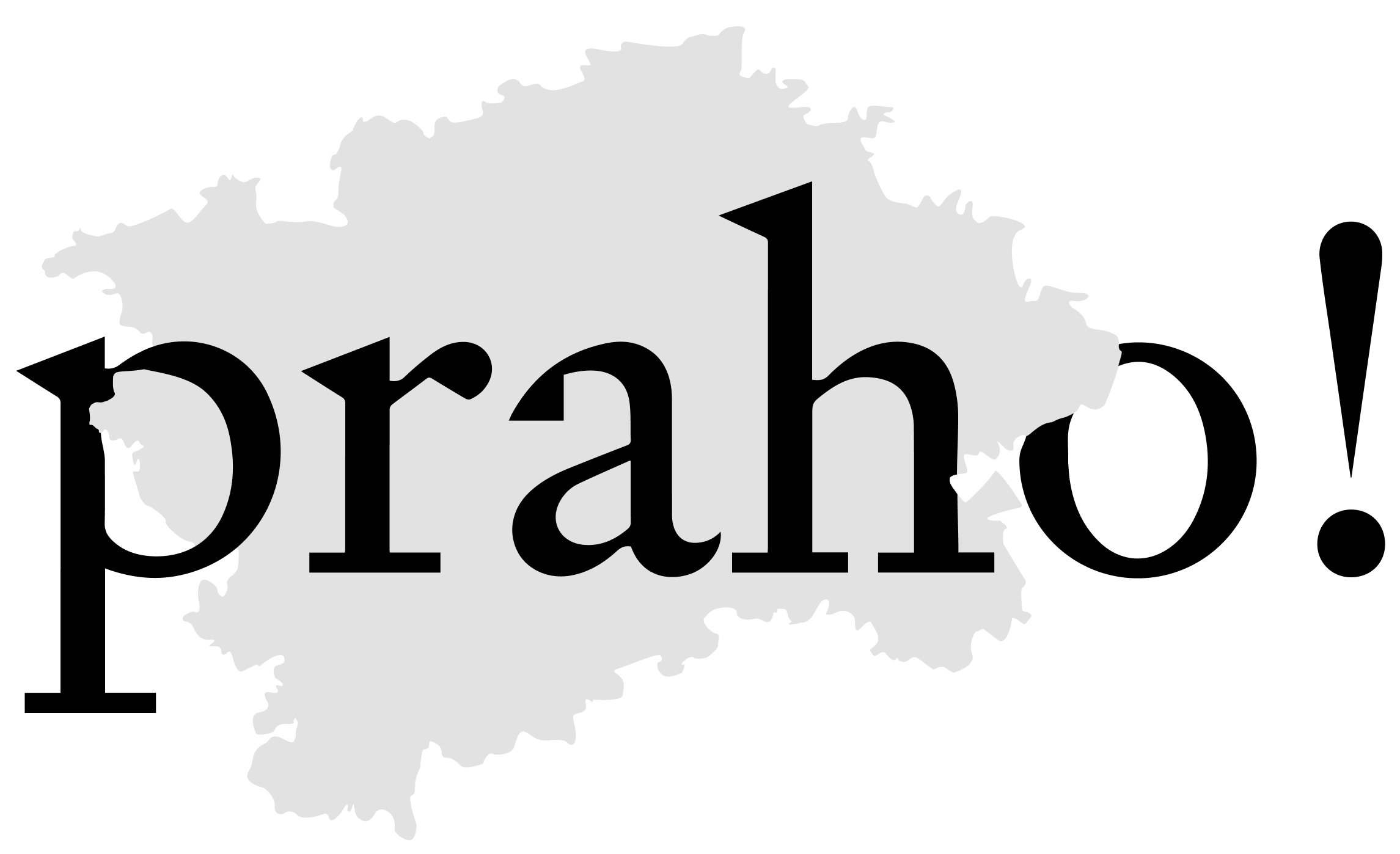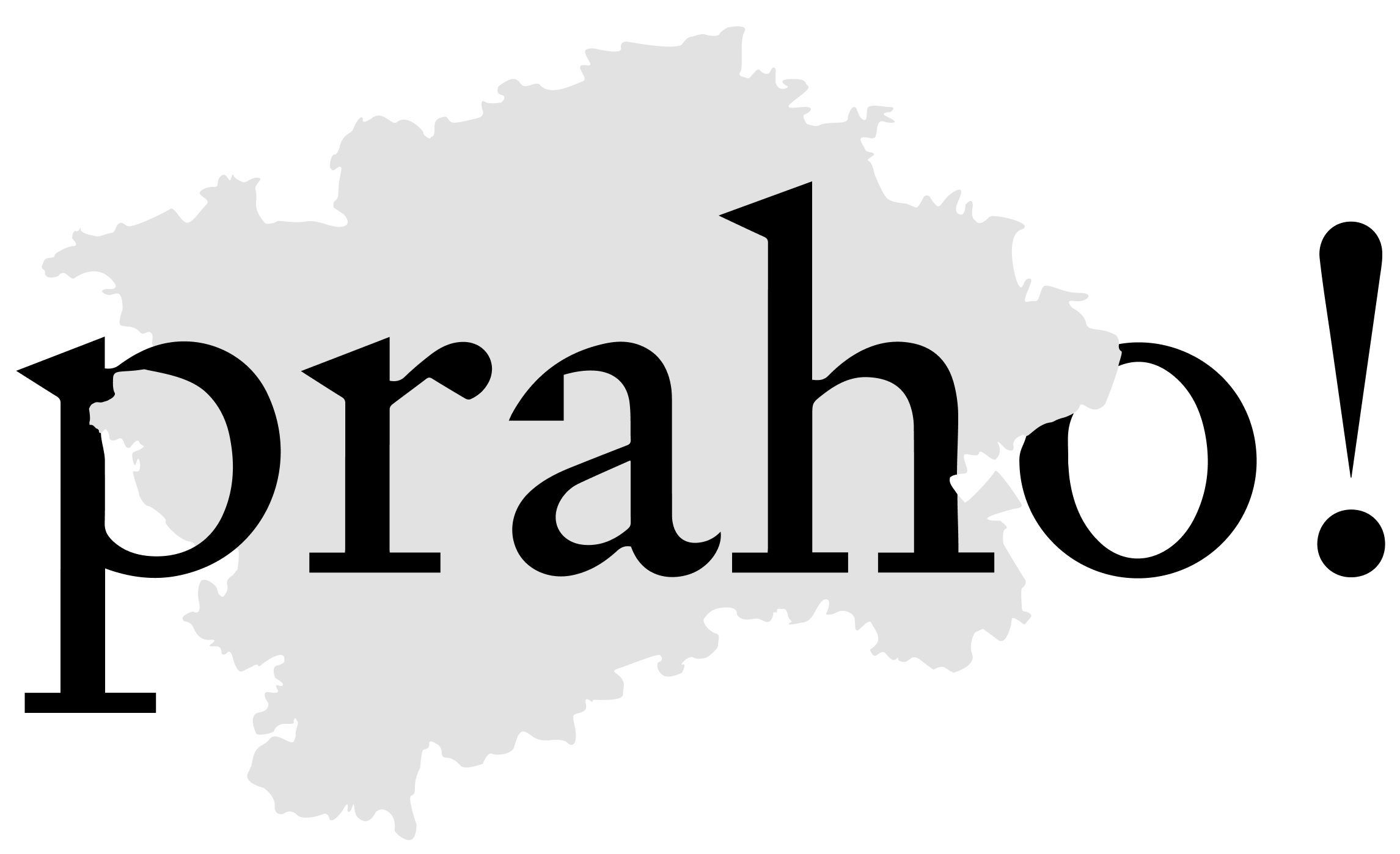Who stands for queer rights in Europe?
Realizace: Queer All Year
Dutch Embassy x Representation of the European Commission /Kryštof Stupka/
In the evolving landscape of LGBTQ+ rights across the globe, Europe presents a contrasting tapestry. And leading this fight for equality, justice, and human dignity are two stalwarts: the European Commission and the Kingdom of the Netherlands. But what makes them the bulwarks of LGBTQ+ advocacy in a continent so varied in its perspectives?
Historical Foundations: Treaties as Living Testaments
The Treaty on European Union, enhanced by the Treaty of Lisbon in 2007, is more than a legal codex. It’s Europe’s pledge to every citizen, engraved in the words of the Charter of Fundamental Rights. Article 21, with its absolute prohibition of discrimination based on sexual orientation and gender identity, isn’t just a statement-it’s a commitment. In our increasingly polarized world, these documents remind us of Europe’s vow to create societies that celebrate diversity.
European Parliament: Vanguard of LGBTQ+ Rights
The Parliament’s role in advocating for LGBTQ+ rights has been nothing short of transformative. Their 1984 initiative, challenging the World Health Organization’s archaic view on homosexuality, wasn’t merely about change – it was about leading change. In a time where LGBTQ+ rights were a peripheral issue, the European Parliament’s Committee on Social Affairs dared to spotlight workplace discrimination, setting the wheels of change in motion. This proactive approach, manifesting in groundbreaking reports, shows the Parliament’s deeply ingrained belief in justice, individual freedom, and equality.
Legislative Landscape: The Ongoing Battle
While Directive 2000/78/EC stands as a monumental achievement, mandating member states to quash employment discrimination based on sexual orientation, its ambit isn’t comprehensive. There’s an urgent need to address gaps, such as those in medical services, education, and social security. The stalled 2008 proposal, even with the European Parliament’s endorsement, underscores this struggle. Likewise, while transgender rights are recognised, Europe needs nuanced, comprehensive legislations that address gender identity discrimination head-on. The 2019 resolution on intersex rights paints a hopeful picture, but it’s just the beginning.
European Commission’s Unyielding Drive
The LGBTIQ Equality Strategy 2020-2025 is not just a gesture. Launched in November 2020, it shows the EU’s pursuit of true inclusivity. While core values of equality and non-discrimination have consistently guided the EU’s policies, the lingering shadows of discrimination are undeniable. Against this backdrop, the Strategy emerges as a beacon, heralding a renewed dedication to an inclusive Union.
The Netherlands: Leading by Example
The Netherlands’ journey in LGBTQ+ advocacy is both pioneering and inspirational. From decriminalising homosexuality in 1971 to embedding gender identity considerations in policy decisions, the Dutch approach is holistic. Their strategy of “mainstreaming” signifies not just acceptance but celebration. The Netherlands was the first country to adopt equal marriage in 2001 and since then has ingrained LGBTQ+ equality as one of its core values. The Interdepartmental Working Group’s role exemplifies a collaborative spirit, bridging various ministries to craft robust policies. Globally, the Netherlands stands tall, working hand in hand with nations and organizations, tirelessly advocating for LGBTQ+ rights beyond its borders.
Hungary: Europe’s Point of Contention
Hungary’s recent legislative measures are a stark reminder of the challenges the LGBTQ+ community faces. The laws, while framed as protective measures for children, carry implications that stifle essential LGBTQ+ support systems, limit vital educational content, and further alienate young LGBTQ+ individuals. The European Union’s swift, resolute response, with leaders like the Dutch Prime Minister Mark Rutte leading the charge, underscores the collective commitment to human rights and equality.
The Path Forward: Unity in Diversity
Hungary’s referral to the Court of Justice, with an unprecedented number of Member States supporting the move, sends a powerful message. It epitomizes the EU’s resolve to safeguard the rights of every individual, irrespective of their sexual orientation or gender identity. The EU Strategy for LGBTQ+ equality, juxtaposed with the actions of the European Commission, signifies a pledge: Europe stands unwavering in the defence of LGBTQ+ rights.
A Unified Commitment to Change
Europe today stands at a crossroads. The European Commission and the Netherlands, through their tireless efforts, envision a continent that embraces its diverse shades. They see a Europe that champions rights, offers protection, and celebrates love in all its forms. President Ursula von der Leyen’s impassioned declaration at the European Parliament on 7 July 2021 is a testament to this vision. Grounded in the Treaty of the European Union’s principles, the European Commission’s proactive stance against any form of discrimination reminds us: In the battle for rights, Europe will not be a silent spectator. It will be a frontrunner.


